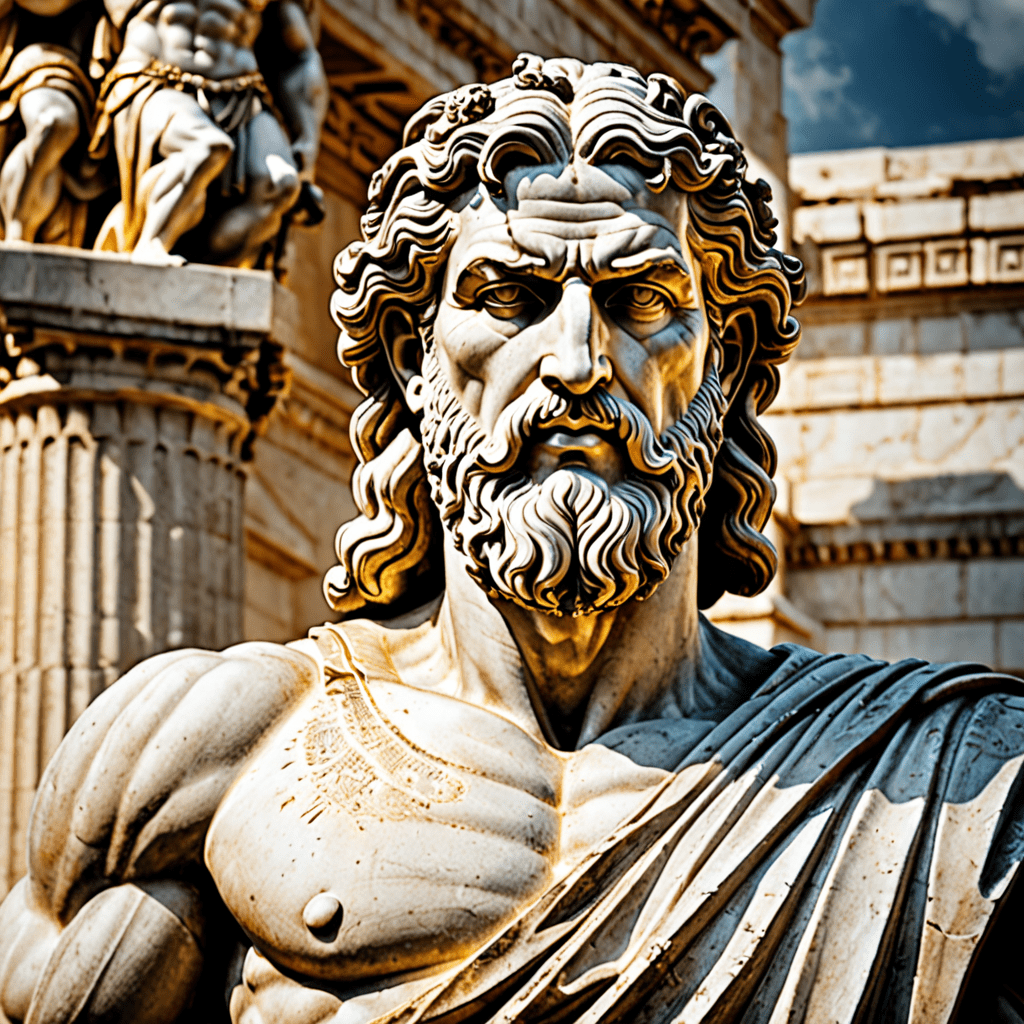The Rusalka’s Mirror: Reflecting on the Themes of Beauty, Vanity, and Mortality in Rusalka Tales
I. Introduction
The Rusalka is a captivating figure in Slavic folklore, embodying the essence of beauty intertwined with the complexities of human emotions. These water spirits, often depicted as enchanting maidens, serve as symbols of both allure and danger. The myths surrounding Rusalka are rich with themes that resonate deeply with the human experience, particularly those of beauty, vanity, and mortality.
This article explores these key themes, delving into the significance of the Rusalka archetype, the dangers of vanity, and the inevitable passage of time that links beauty with mortality. Through a structured analysis, we will uncover the layers of meaning behind these enchanting tales.
II. The Rusalka Archetype: A Symbol of Beauty
The Rusalka is often portrayed as a stunningly beautiful water spirit, mesmerizing all who encounter her. Her beauty is not merely superficial; it is a profound expression of nature’s allure, often representing the unattainable ideal of femininity.
Cultural interpretations of beauty in Rusalka tales vary, but they typically emphasize the following:
- Natural beauty as a reflection of purity and innocence.
- The duality of beauty as both captivating and perilous.
- The societal expectations of women in relation to their appearance.
The allure of the Rusalka profoundly impacts human characters, often leading them to their doom. Her beauty becomes a double-edged sword, drawing people in while simultaneously threatening their very existence.
III. Vanity and the Human Condition
Vanity emerges as a recurring theme in many Rusalka stories, reflecting the broader human condition. Characters who become consumed by their desire for beauty often face tragic consequences. The pursuit of an idealized appearance can lead to a distorted sense of self and ultimately to despair.
Several case studies illustrate this theme:
- The Prince: In many tales, princes fall in love with the Rusalka, blinded by her beauty. Their obsession often leads to their demise or the Rusalka’s sacrifice, highlighting the dangers of vanity.
- The Envious Woman: Female characters who envy the Rusalka’s beauty frequently attempt to undermine her, only to face dire consequences, showcasing how vanity breeds jealousy and destruction.
These narratives serve as cautionary tales, warning against the dangers of excessive pride and the superficiality of beauty.
IV. Mortality and the Fragility of Life
The Rusalka embodies the themes of life and death, serving as a poignant reminder of mortality. Her existence in the water symbolizes the fluidity of life, while her tragic fate often reflects the harsh realities of death.
There is a profound connection between beauty, mortality, and the passage of time in Rusalka narratives:
- Beauty is fleeting, often linked to youth and vitality.
- As time passes, the Rusalka’s beauty may fade, mirroring the inevitable decline of all living beings.
- Transformations and sacrifices are common, with the Rusalka often having to choose between love and her own existence.
This interplay of life and death invites readers to reflect on the transient nature of beauty and the inevitability of mortality.
V. The Mirror as a Metaphor
Mirrors hold a significant place in Rusalka tales, serving as powerful symbols of self-reflection and perception. They often represent the duality of beauty—showing both the external allure and the internal struggles of the characters.
Reflecting on self-perception, mirrors reveal:
- The true nature of beauty, which is often at odds with societal standards.
- Self-deception, where characters fail to see their flaws or the dangers around them.
- Revelation, as characters confront their realities and the consequences of their vanity.
Through the metaphor of the mirror, Rusalka tales encourage readers to examine their own perceptions of beauty and the impact of vanity on their lives.
VI. Comparative Analysis: Rusalka Tales Across Cultures
Rusalka stories exhibit both similarities and differences across various Slavic cultures, each adding unique elements to the core narrative. Common themes include:
- The enchantment of the water spirit.
- The tragic love stories intertwined with the Rusalka’s fate.
- The moral lessons regarding vanity and mortality.
Additionally, the influence of Rusalka motifs is evident in Western folklore and literature, where similar archetypes can be found in stories such as “The Little Mermaid.” These universal themes of beauty, vanity, and mortality transcend cultural boundaries, resonating with diverse audiences.
VII. Contemporary Interpretations and Adaptations
Modern retellings of Rusalka tales appear in literature, film, and art, highlighting the relevance of these themes in contemporary society. Adaptations often explore:
- The changing standards of beauty and their implications on self-worth.
- The impact of social media on vanity and self-image.
- The ongoing struggle between nature and humanity, reflecting environmental concerns.
These interpretations invite audiences to engage with the themes of Rusalka tales in new and meaningful ways, prompting reflections on their own relationships with beauty and mortality.
VIII. Conclusion
In summary, the exploration of beauty, vanity, and mortality in Rusalka tales reveals profound insights into the human experience. These stories serve as timeless reminders of the complexities of self-perception and societal expectations.
The enduring legacy of Rusalka tales continues to influence contemporary culture, inviting further exploration and reflection on the intricate themes of beauty, vanity, and mortality. As we navigate our own lives, may we find wisdom in these ancient myths, recognizing the delicate balance between allure and danger in our pursuit of beauty.


